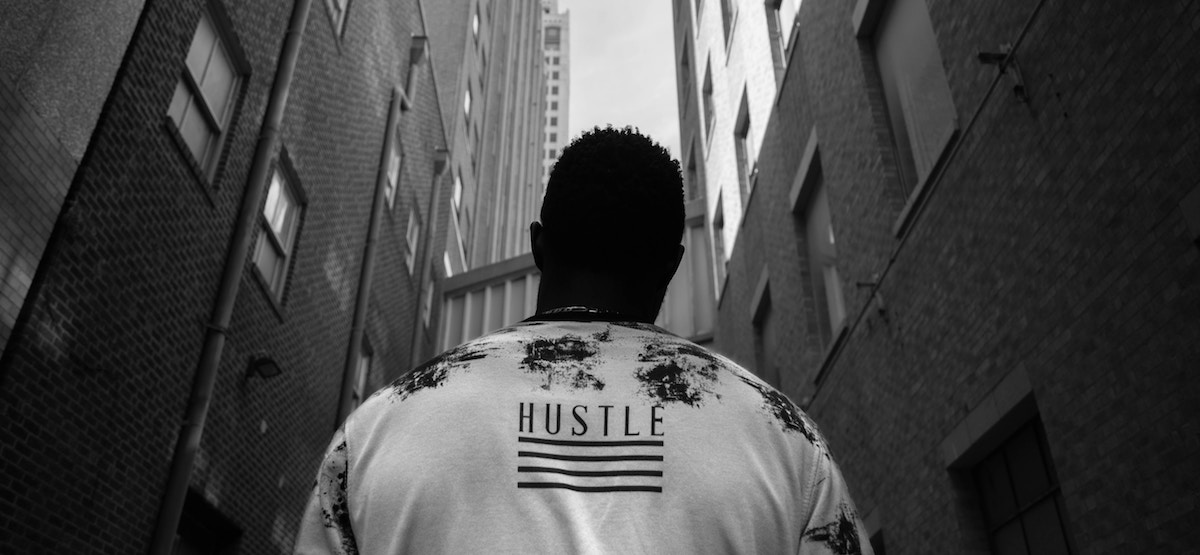The trudge to work with a coffee in hand, logging off your office computer at 6pm, sitting on the Tube at rush hour, dreaming about those things you really wanted to do? Really? Still?
This is the age of the start-up, the sideline business and projects. Whole workflows run from your smartphone. It is also the beginning of a new way of working that even big businesses realise they’ve got to be part of.
“The whole set of values of this generation is changing,” says Pip Jamieson, founder of The Dots, a platform for creative and culture employers to find the talent they need among the skilled freelance community. “Some 44 per cent of 25-to 35-year-olds in the US have a portfolio career. They might have regular jobs for three days and then run their own start-up or blog on the other two.
“Gone are the days of your parents’ when you went to work just to get paid. Life is short, younger people have realised, and you should do what you need to be happy.”
If you’ve watched The Social Network, on Mark Zuckerberg starting Facebook in his bedroom, or any episode of The Apprentice, you get the idea. Start small, think big. That’s the stuff business myths are made of. Chris Guillebeau, author of Side Hustle and the New York Times bestseller The $100 Startup, says founding a business, even if just a small and low-paying sideline to your main job, is worth it.
“It’s incredibly empowering to wake up and see a PayPal notification from a stranger who’s sent you money while you were sleeping. Once you experience this, it’s hard to go back.”
Photo by Alekzan Powell on Unsplash
"Hustling" - a term originally associated with the struggle or urban street life - is a word that has now become a badge of honour and general term for those who 'make it' through hard graft - requiring a mindset that's not usuall to the office-trained worker: that of having your own idea and pushing it through.
“It’s now nearly a mainstream expectation to earn money from more than one source,” says Guillebeau. “When I started doing this 20 years ago, I didn’t know a lot of other people who were working the way I was. Now you can walk into any coffee shop anywhere and see people working on their laptops, managing an online store, hosting a coaching session or listing items for sale somewhere.”

Photo By Lost Co on Unsplash
This new culture of the mobile entrepreneur can be put down to the arrival of the iPhone, the laptop and the shared workspaces which have mushroomed through London.
Before the age of railroad, most business was conducted by independent traders in coffee houses or in local markets.
With the railroads of the 19th century came big companies and the need for offices to manage the administration and standardise practices. Corporations threw up skyscrapers as monuments to their ambition, theorists started designing workflow systems for the paper-pushers and we hunkered down in our masses in our desks, plugging away at the 9-5.
The laptop has been the liberation from this work life and, as the new hustle culture grows, it gets easier: when you’ve got a project that needs to grow you hire your own specialist hustlers — designers, connectors, techies — to pick up gigs as required, and if there are physical orders get the likes of Amazon to fulfil them.
And whilst we aren't all marching out of offices just yet, employers are beginning to recognise that an entrepreneurial mindset is something they need to incorporate into themselves.
The trade off of no commute, control of your own schedule and choice of where to work appears to be increasingly attractive to more and more people - even if the income doesn’t flow as readily at first.

Famous #sidehustlers - Awoah Aboah is a model and activist while Rihanna (R) is a singer and makeup mogul (Getty)
As rapper Mos Def put the reasoning succinctly: “My hustle is trying to figure out the best ways to do what I like without having to do much else.” He probably wasn’t thinking of the coffee shop entrepreneur at the time.
Article by JOY LO DICO